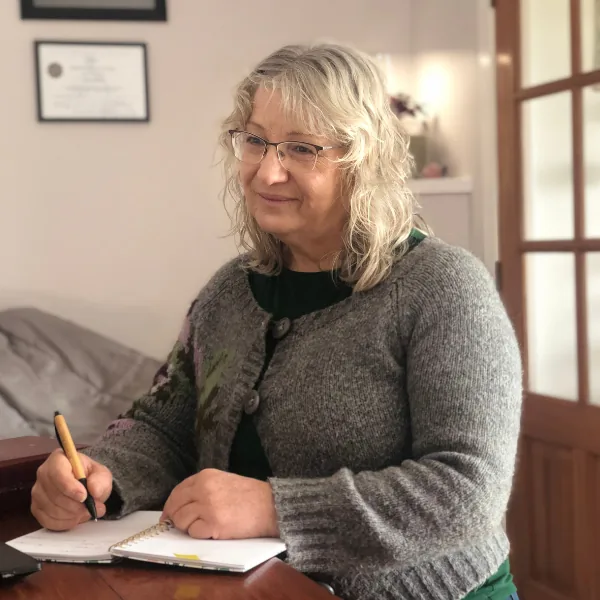Hi, I'm Lisa
I was first introduced to Homeopathy when my children were young. My daughter who was 4 at the time had eczema on her hands and torso. My infant son had eczema around his mouth and chin. After homeopathic treatment, the eczema resolved within a few days, which sparked my curiosity about this modality. Each time the eczema would flare up again, the magic pills would work within days! The next time I was unwell, I made an appointment,and by the next day I was feeling so much better in myself, more energised and able to cope with the demands of a young family. I have always taken an interest in natural therapies and had been contemplating studying naturopathy, but once I discovered the incredible potential of Homeopathy, I was hooked! I enrolled with the Bay of Plenty college of Homeopathy for the four year diploma course and graduated in 2007. I have worked part time in my home clinic since then, working around my families needs. Since 2009, I have also been employed part time at Down to Earth organic health store. I enjoy the acute prescribing of Homeopathy in store and supporting customers with herbs and supplements, as well as the social aspect and benefits. Around that same time, I began volunteering for Taranaki district health board as an ambulance officer. I spent 7 years volunteering and gained my diploma in Ambulance practice in 2012. I loved the work and helping people, but the values of allopathic medicine did not sit well with my own health philosophies, plus, it was hard on the back, so I resigned from the service. Over the years ongoing back issues started to get progressively worse. I had tried osteopathy, acupuncture and a few other modalities but it wasn’t until I began Craniosacral therapy treatment that I noticed more lasting changes. I began studying with Stillness Trainings under the tutelage of Brendan Pittwood in 2023 and after 2 years of study and practicum, I gained my Diploma in Biodynamic Craniosacral Therapy. Stillness Trainings, is accredited by the Pacific Association of Craniosacral Therapists and is recognised internationally. I love that Homeopathy and Craniosacral Therapy complement each other so well. I am passionate about helping people to feel better, heal from injury and trauma, and to come into a healthier relationship with their own body and nervous system. These gentle treatments can help you to access inner calm and resilience in these over-stimulating times.I look forward to helping you to access your own healing abilities to improve your health.


